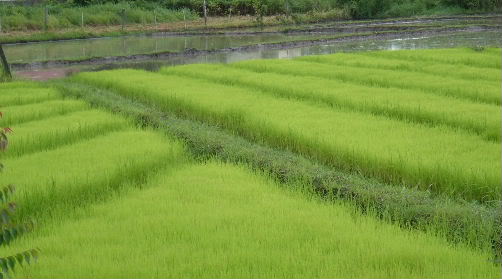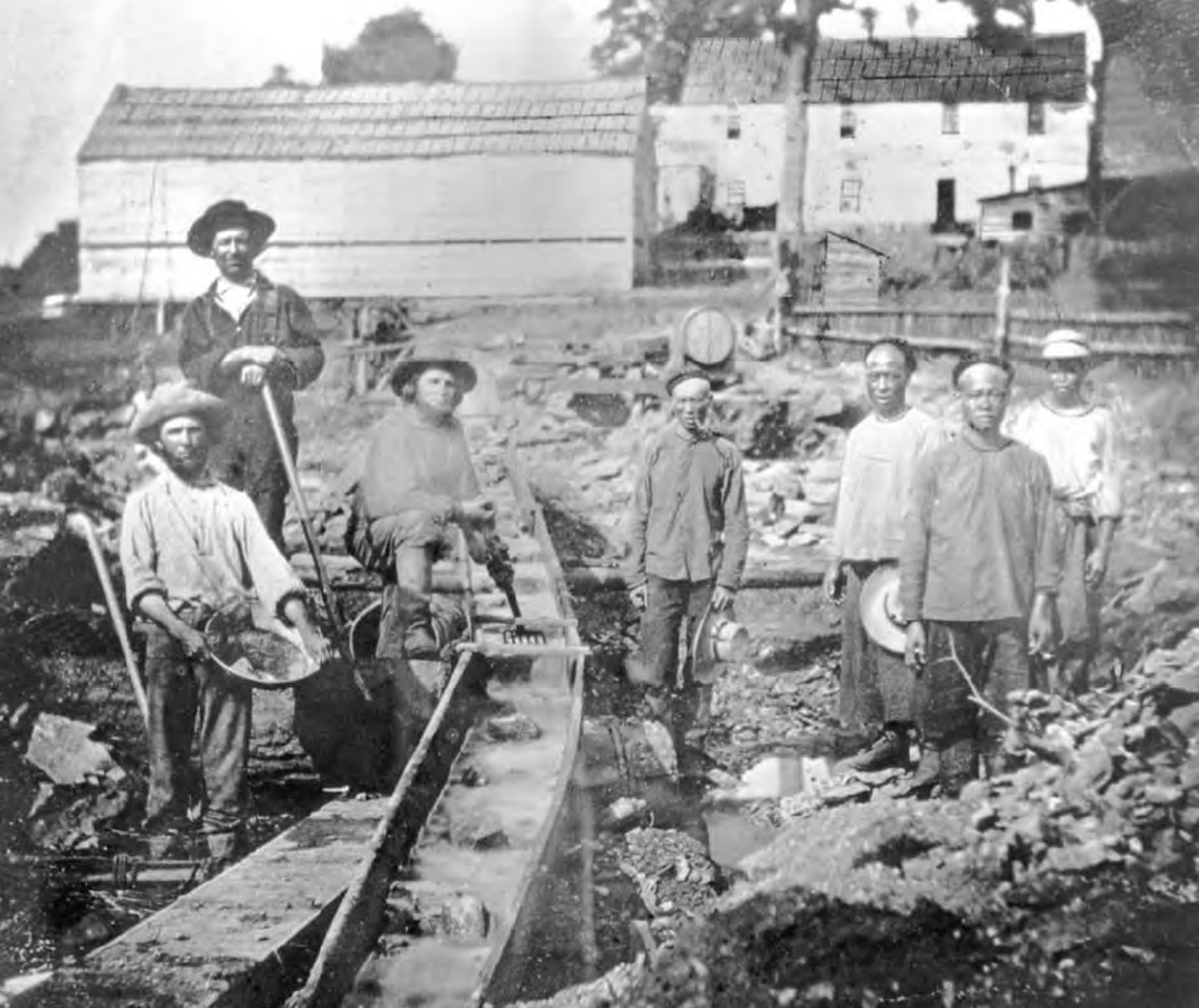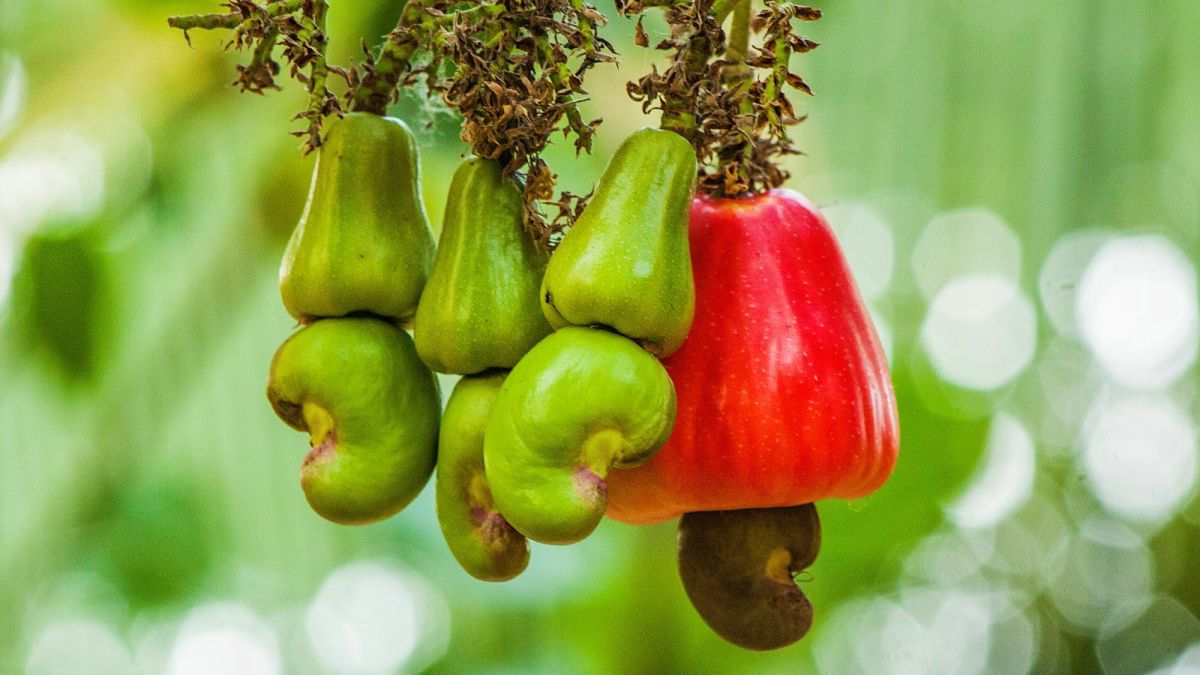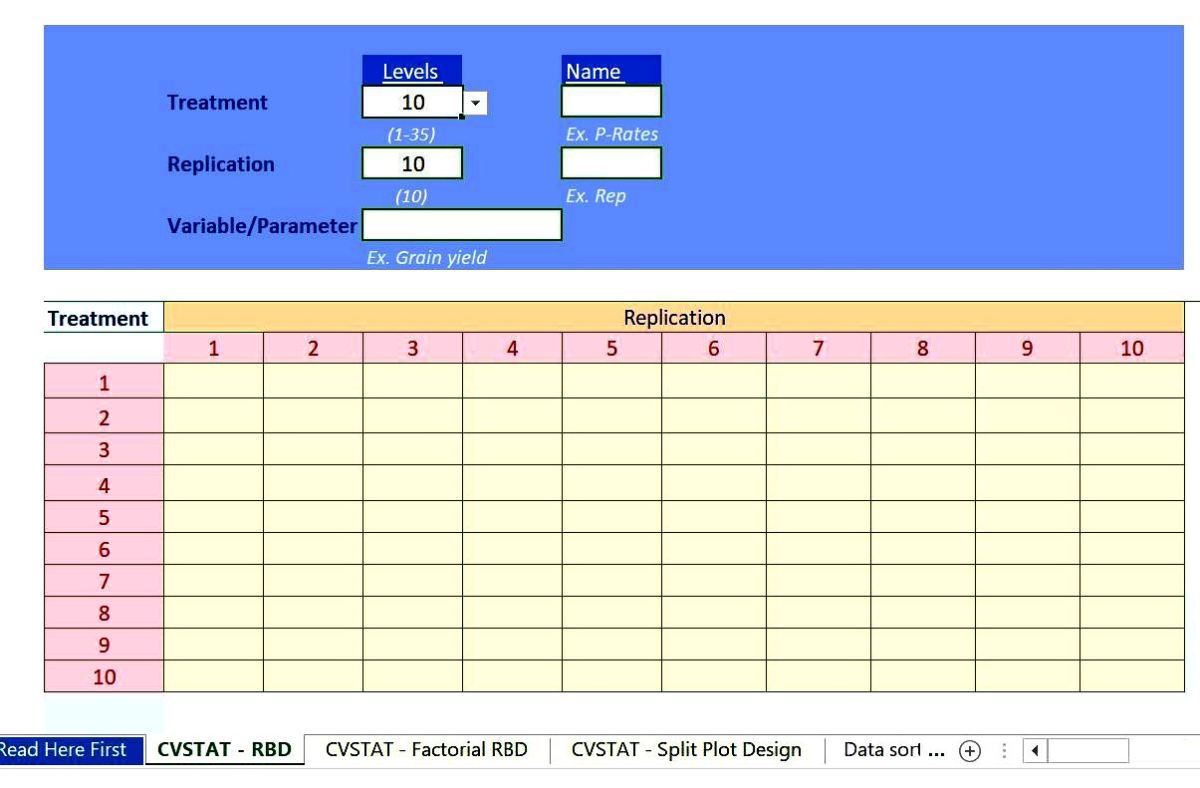Iraq Not Nice to US Rice

American rice farmers have endured nearly 18 months without one of their largest overseas markets. Since the autumn of 2010, the Republic of Iraq has purchased 77 percent less rice from the United States, previously one of its biggest suppliers. By 2012, farmers are contemplating the permanent loss of a major export destination. Iraqi trade officials ascribe the shift from US rice to that of India, for instance, to a change in consumer preference. This from the Associated Press:
In Iraq, officials said the decision to forego American rice largely came down to a matter of taste. A Trade Ministry official said Iraq has decided to import only long-grain basmati rice from India due to its wide acceptance nationwide and cheap price.
"We have no problem with the U.S. rice specifically, which was widely acceptable by Iraqis, but we are seeing a demand for the Indian rice rather than others, which is also bought in good prices," he added.
That this widespread conversion to basmati rice seemed to occur overnight lends suspicion to the official Iraqi explanations. Still, India – quite understandably – backs the Iraqi Grain Board’s public rationale. In fact, India believes Iraq’s decision is indicative of a world-wide trend in favor of its aromatic, long-grain rice. As the third largest exporter of rice, India seeks to strengthen its trade position, particularly in the wake of a major default in commodity payments by Iran, previously a major customer for Indian rice. The subcontinent can not be faulted for aggressively championing its grains, but what accounts for Indian basmati’s appeal to the Iraqi palate?
The quote above betrays cheapness. American rice comes with a higher price tag. Yet the Iraqi government could mark the price down if it so wished. Congressional representatives from rice-growing districts – the Rice Caucus – recently penned a letter to the Iraqi Trade Minister pointing out that the acceptability threshold for American rice is placed much higher than that of other trading partners. The specific criteria relate to grain length, chalk content and broken kernel levels. Another sticking point is Iraqi insistence on the rice being bagged prior to arrival at her ports. Other US rice customers are not so particular. Iraq should know that premium service comes with premiums. Most appallingly, Iraq actually lowered its quality standards to put through the purchases from India and Uraguay.
Before considering what they can do in the face of this turnabout, US farmers might think about what they should not do. Unfortunately, they are already doing it.
"You would think with all that we've done over there, there would be a way to get them to do business with us," said Ronald Gertson, who grows rice in Lissie, Texas.
This is a defeatist mentality, trying to sell rice based on moral grounds. Appealing to auld land syne says nothing about the superiority of our rice, which should be the centerpiece of international marketing efforts. The good news is that rice growers are actively trying to fill the Iraq-shaped void. Last fall, selected rice farms, mills and research institutions received a delegation of visiting Chinese, before the group convened in DC for trade discussions. This was not just a matter of the Chinese looking for new rice suppliers. Rather, it was the result of a farmer-initiated campaign in which the growers had to exercise both patience and hustle.
In addition to hosting the Chinese officials, the rice farmers did some market research of their own. Arkansas Rice Growers Association leader Greg Yielding (a good name for a farmer!) traveled to the PRC in 2008, setting up tasting booths and other forums for consumers to try American rice:
We traveled to Shanghai and surveyed folks on not only long-grain but also medium-grain – Neptune and Jupiter. The surveys had even better results: 80-plus percent of folks liked the medium-grain. The long-grain results stayed around the high 70s.
So, we were still seeing the same positive survey results. The Chinese supermarkets and importers kept saying they want U.S. rice on the shelves. We’d sit down with them and explain we need market access from their government.
Should this campaign prove successful, it will not only provide a boon to American rice farmers, but will help to ameliorate the trade deficit with China. Let’s give Yielding the last word regarding the potential of a Chinese rice deal:
Remember, there are 1.3 billion rice-eating Chinese. They could eat every grain of rice produced in the United States in 17 days. We could ship them all of our rice and it would last them just over two weeks. They want high-quality milled rice. We’re talking about packaging the rice here and shipping it over there. It’ll sell at a premium price if the quality is high enough. That’s what the surveys show and what people say to me when I’m over there. And 100 percent of the folks in the surveys say vitamin-enriched rice is important. (Such) rice isn’t required by other countries. But it is required in the in the United States and that’s turned out to be a selling point for us.
Iraq? Where’s that?








